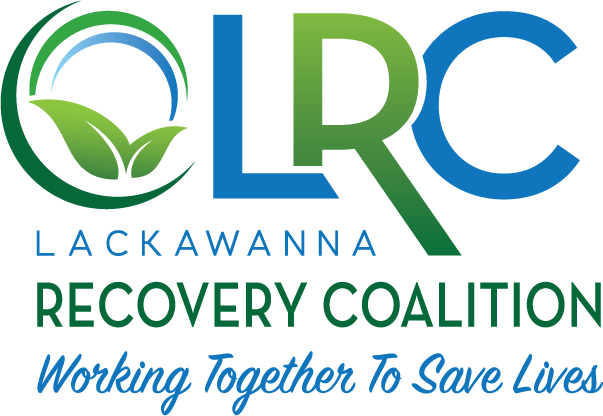OUD
Opioid use disorder
SUD
Substance use disorder
Inpatient Treatment
A drug/alcohol rehabilitation facility where a patient lives for a period of time while undergoing treatment for SUD.
Outpatient Treatment
Treatment administered in a clinical outpatient setting so the individual can continue working and everyday activities.
Medically Assisted Treatment, or MAT
The use of buprenorphine, known as suboxone, or methadone for the treatment of OUD.
Counseling
Often used to supplement residential or outpatient group treatment.
Abstinence
Intentional and consistent restraint from the pathological pursuit of reward and/or relief that involves the use of substances and other behaviors.
Recovery
A process of sustained action that addresses the biological, psychological, social and spiritual disturbances inherent in addiction. Long-term recovery is often associated with attending 12-step programs such as Narcotics Anonymous or Alcoholics Anonymous.
Sobriety
A state of sustained abstinence with a clear commitment to and active seeking of balance in the biological, psychological, social and spiritual aspects of an individual’s health and wellness that were previously compromised by active addiction. Often used synonymously with recovery.
Obsession
The persistent thought of using substances.
Craving
A desire to use substances or engage in addictive behaviors, experienced as a physical or emotional need for reward and/or relief.
Relapse
When an individual with an SUD who has established abstinence or sobriety experiences recurrence of signs and symptoms of active addiction, often including resumption of the pathological pursuit of reward and/or relief through the use of substances and other behaviors.
Evidence-Based Treatment
Scientifically researched treatment programs that have been shown to have consistent and effective results.
Naloxone, or Narcan
Emergency medication used to reverse opioid poisoning (overdose) and save lives.
Certified Recovery Specialist, or CRS
A person who is trained to assist others in various settings to recover from substance use disorders.
Warm Handoff
A program that attempts to transfer of person into recovery after they have experienced a substance poisoning event (overdose).
Technical Assistance Center, or TAC
The resource center located at The University of Pittsburgh that is supporting a statewide effort to reduce opioid use disorder and poisoning deaths statewide. The TAC provides critical support to the Lackawanna Recovery Coalition
SAMHSA
Substance Abuse and Mental Health Services Administration, the agency within the U.S. Department of Health and Human Services tasked with reducing the impact of substance use disorder and mental illness on America’s communities.
CLICK HERE for a complete glossary of terms related to substance use disorder, treatment and recovery courtesy of Recovery Connection.
